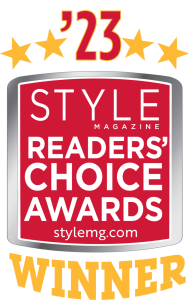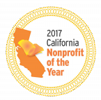Overview
A Touch of Understanding’s award-winning character-building disability-awareness workshop educates a new generation of students to understand the challenges associated with disabilities and to accept and respect all individuals. The program serves elementary through high school students, teachers, staff and administrators in local schools and adjoining areas. A Touch of Understanding is beneficial not only for students with disabilities, but for all students, the campus culture as a whole, and the surrounding community.
This is not a typical school-wide assembly. In an average-size school, it is geared towards one grade level at a time. In the first 20 years of its existence, ATOU’s disability-awareness education program has directly reached more than 100,000 children in the Greater Sacramento area. The 2nd-12th grade experiential workshops support a variety of learning styles by providing a hands-on experience to understand disabilities. We guide students through activities in which they build life skills that enable them to understand and relate to people with disabilities. As a result, teachers, parents and students observe an increase in respectful interactions and friendships as well as a reduction of isolation and bullying in the school environment and community.
The specific focus is to help children understand the challenges brought on by a variety of disabilities. This exposure increases their understanding and comfort level with others who have disabilities. It also serves as an anti-bullying program, increasing respect in classrooms and on school campuses.
Olive Ranch School
5280 Stirling Street, Suite 102
Granite Bay, CA 95746
Contact Us
Phone: 916.791.4146
501(c)(3) Nonprofit Organization
EIN Tax ID #68-0389777






